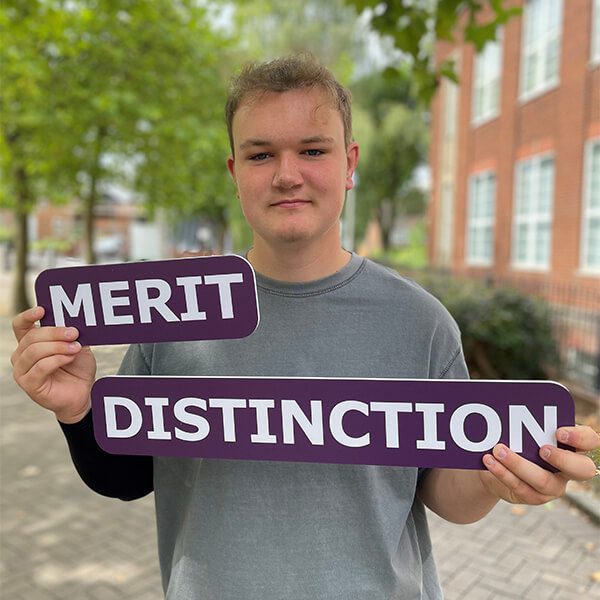As parents or carers of teenagers at secondary school, you may have already heard about T Levels. The government has developed this new qualification to deliver world-class technical education and give your child a new choice when they leave school. These two-year courses have been developed in collaboration with leading employers, so that the content meets the needs of industry and prepares young people for work.
T Levels will give your child the chance to learn what a real career is like. Each programme has been designed to give them the skills, qualifications and experience they need to work in a specific industry. They will help to boost their CV, give them a competitive advantage when it comes to finding a job and will enable them to succeed in the workplace.
Here are five useful things you need to know about T Levels:
- Following GCSEs, your child will study one T Level over two years
- One T Level is equivalent to three A Levels, so has the same UCAS points value
- Your child will spend 80% of their time in the classroom and 20% of their time on a 45-day industry placement
- T Levels will help young people progress into skilled employment, further study or a higher Apprenticeship
- Each programme has been developed in collaboration with sector experts and leading employers.
To find out what T Levels are available to study, or to apply, check out our T Level list.
Useful Resources
For more information on T-Levels, please visit:

What our Students Say
Daniel Hudson, aged 17, GCSE English grade 5, formally a student at Wombourne High
“I want to become a Paramedic so when I left school I came to college to study Health & Social Care - I’ve passed Level 1 and now I’m progressing to Level 2. I left school with grade 2 in GCSE English and I needed to improve my grade so I can continue my studies. I’m so happy with my grade 5...
Read More
What our Students Say
Mitchell Stephenson, aged 18, studied T level Planning Surveying and Design, formerly a student at Ellowshall Sports College
“The T level qualification is equivalent to three A levels but with 250 hours work placement so you can put the theory in to practice. It also links construction and architecture which no other courses do.
“The lecturers are experienced and have a real passion for their subject which...
